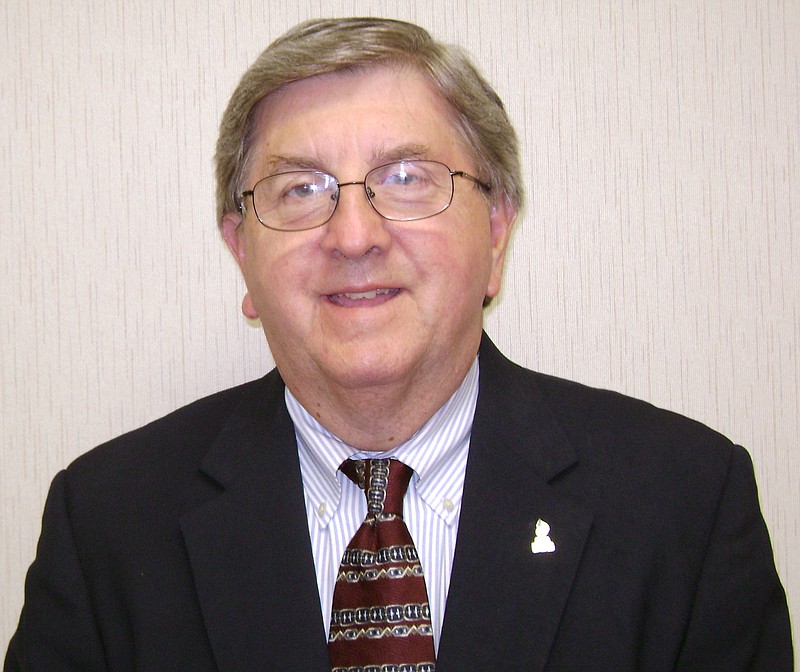Q. The senior demographic remains the target for fraud and scam activity. How would you advise seniors to avoid scams?
A. You are correct; telemarketing scams, "anti-aging" product scams, prescription drug scams, and health insurance scams, are some of the ways that fraudsters target the elderly. The scams are numerous and growing by the day.
In turn, the Better Business Bureau reminds consumers to be on the lookout for scammers trying to take advantage and drain bank accounts of senior citizens. If you are an older individual or have a relative or friend who is, please review the following BBB tips on how to identify and avoid crooks trying to victimize senior citizens':
1) First, why seniors are targeted: The elderly often have these attributes that make them attractive to scammers, according to the FBI:
They are more likely to have a "nest egg," own their homes and have good credit.
They have an easily exploitable characteristic: They were raised to be polite and thus have difficulty saying no and hanging up the phone.
They are more likely to be interested in products that promise to offset the physical and mental effects of aging.
Aging memories can be less reliable, making seniors poor witnesses to the fraud. The realization that a scam has taken place may take a longer period of time.
They may be reluctant to report fraud because they don't want their own family members to think that they are vulnerable due to diminished mental capacity.
2) What are the most common elder scams?
Grandparent scam - A scammer poses as a grandchild in a desperate situation and in need of money wired right away.
Medical equipment fraud - "Free" products are offered to consumers; then insurers are charged for unneeded or never-delivered services and equipment.
Utility scams - Fake calls claiming to be from utility companies claim services are about to be discontinued unless money is sent immediately.
Jury-duty scam - A caller claims you did not show up for jury duty and are threatened with arrest unless a fine is paid at once.
Lottery scams - Claiming you've won a foreign lottery, the caller will request a payment for "taxes and fees" so you may collect your "winnings."
IRS scam - This very popular scam is a caller claiming to be from the IRS and demanding immediate payment of overdue taxes, threatening arrest if no money is given.
Medicare and Social Security scams - Beware: Callers or emailers who claim they represent one of these and want to "update your information" or "create a new account." This type solicitation should be regarded as scammers and ignored.
3) Protecting yourself; Here are ways to ensure that scammers don't get your money:
Screen your phone calls. Only answer or return calls from people you know.
If you find yourself in a phone conversation with someone claiming to be a charity, tell them you do not give money to strangers over the phone and ask that they mail information to you.
Never give out account numbers or other private information to a stranger on the phone.
Never click on links in unsolicited emails.
Remember: No government entity will ever contact you through email. If they claim to be from the government, they are scamming you.
Note this weekend is also Memorial Day holiday. On Memorial Day, the holiday that seeks to pay tribute to those who gave their lives serving in the military, many of us will pay respects to those who died by responding to requests for donations by veterans and military-affiliated organizations. As with any charity appeal, BBB urges donors to exercise caution and do some research before making a giving decision. Donation requests by veterans groups are high around the Memorial Day holiday. Visit www.give.org to verify that a charity meets the "Standards for Charity Accountability".
Senior citizens, as well as friends and relatives of seniors, should stay diligent as they watch for the many fraudsters out to steal from unsuspecting victims. Sign up for the Do Not Call Registry at donotcall.gov. Find out more about elder scams by visiting Consumer Financial Protection Bureau at consumerfinance. gov/older-Americans.
Jim Winsett is president of the Better Business Bureau in Chattanooga.
